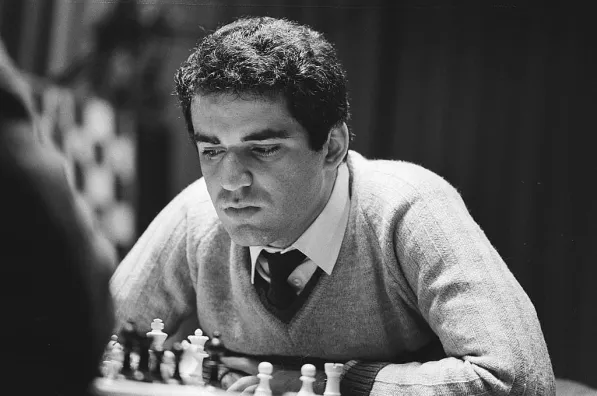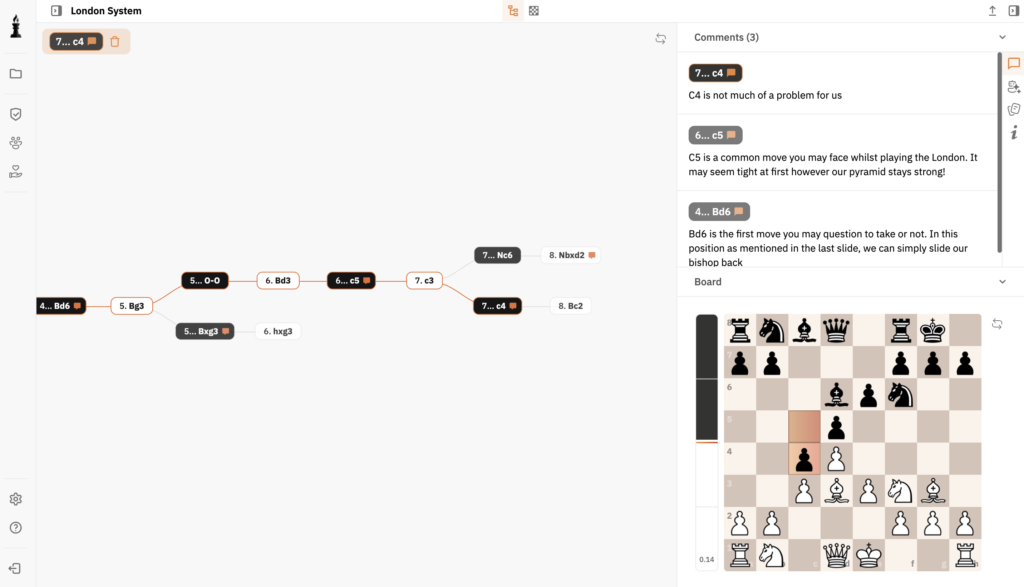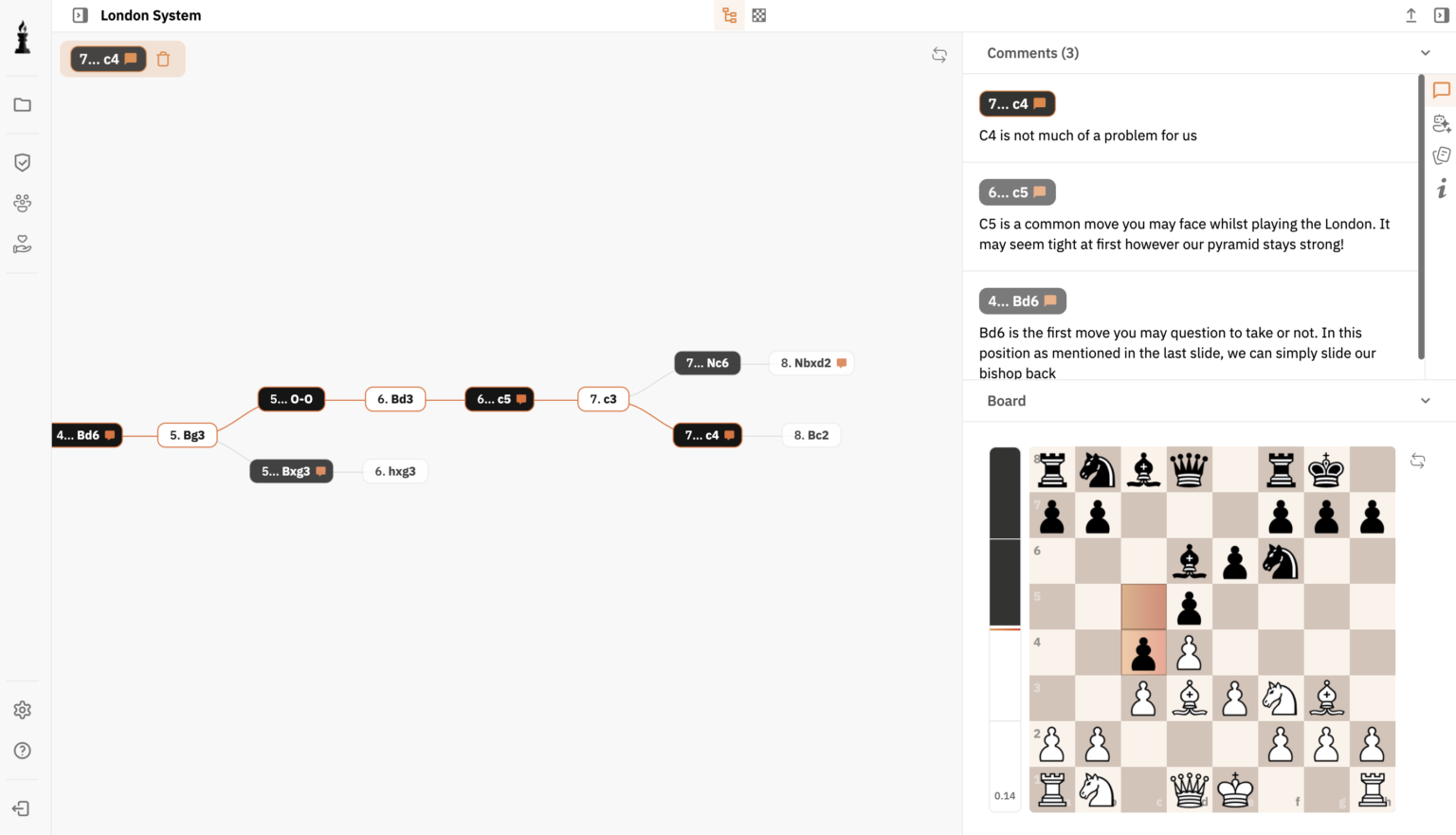Garry Kasparov is widely regarded as one of the greatest chess players in history. Known for his dynamic style, fierce determination, and unparalleled achievements, Kasparov left an indelible mark on the game. This article provides an in-depth look at his life, career milestones, groundbreaking matches, and his transition into political activism.
Early Life and Introduction to Chess
Garry Kimovich Kasparov was born on April 13, 1963, in Baku, then part of the Soviet Union (now the capital of Azerbaijan). Raised in a family that encouraged intellectual pursuits, Kasparov displayed an early aptitude for logical and strategic thinking. By the age of seven, he was already captivated by chess, often studying chess puzzles that piqued his interest in deep calculation and creativity.
Kasparov received formal chess training at the Mikhail Botvinnik School in the late 1970s. The rigorous curriculum and mentorship he experienced there laid the foundation for his future dominance, instilling in him both discipline and an unyielding competitive spirit.
Rapid Rise and Major Accomplishments
Early Tournament Success
Kasparov’s remarkable talents became evident in his early teens. By 1979, he had earned impressive results in youth events and smaller tournaments, catching the attention of the Soviet chess establishment. His blend of aggressive tactics and meticulous endgame technique set him apart from many of his peers.
Becoming a Grandmaster
In 1980, Kasparov achieved the rank of Grandmaster at just 17 years old—an extraordinary feat that signaled his arrival among the world’s elite players. Within a few years, he was already challenging established grandmasters and edging closer to the coveted top spot in international rankings.
Reign as World Chess Champion
Kasparov’s ascent to the World Championship title began in earnest when he entered the Candidates Tournament, the traditional path to qualify for a match against the reigning champion. After a string of victories, Kasparov faced then-champion Anatoly Karpov for the crown.
- First Title Match (1984–1985): The initial encounter between Kasparov and Karpov became a protracted battle, ultimately halted without a decisive winner after 48 games. In their subsequent match in 1985, Kasparov prevailed, becoming the youngest-ever undisputed World Chess Champion at 22.
- Defending the Title: Kasparov successfully defended his title against Karpov multiple times and dominated top-level tournaments, reinforcing his status as the world’s premier chess player.
Rivalries and Notable Matches
Kasparov vs. Karpov
The extended rivalry with Anatoly Karpov is one of the most famous in chess history. Their epic series of World Championship matches featured contrasting playing styles—Karpov’s patient positional approach versus Kasparov’s enterprising, tactical flair. These duels not only captivated chess enthusiasts but also garnered mainstream attention, showcasing the intensity and drama of high-stakes competition.
Man vs. Machine: Deep Blue
In 1996 and 1997, Kasparov played groundbreaking matches against IBM’s chess computer, Deep Blue:
- 1996 Match: Kasparov emerged victorious, demonstrating that human intuition and strategy could still outmaneuver a computer’s calculations.
- 1997 Rematch: In a historic moment, Deep Blue triumphed, marking the first time a reigning World Chess Champion lost a match to a computer under standard tournament conditions. This iconic confrontation paved the way for ongoing debates about artificial intelligence and its role in human pursuits.
Controversies and Political Activism
Kasparov’s life and career extended well beyond the chessboard:
- Split from FIDE: In 1993, disagreements between Kasparov and the World Chess Federation (FIDE) prompted him to help form the Professional Chess Association (PCA), leading to rival championship titles for several years.
- Russian Politics: After retiring from professional chess in 2005, Kasparov emerged as a vocal critic of the Russian government, notably of President Vladimir Putin. He became actively involved in opposition politics, advocating for democratic reforms and human rights.
- Arrests and Challenges: Kasparov’s political stance led to multiple confrontations with Russian authorities, including brief arrests and repeated attempts to discredit him through state-run media.
Later Years and Lasting Legacy
Although Kasparov retired from full-time competitive chess in 2005, his presence in the world of chess remains significant. He continues to mentor promising players, commentate on major tournaments, and write extensively on chess strategy. Many of his annotated games, particularly from the Kasparov–Karpov and Deep Blue matches, are used as instructional materials for aspiring grandmasters.
Kasparov’s influence also extends to the realms of politics, literature, and technology. He has authored books on both chess strategy and broader social issues, drawing parallels between strategic thinking on the chessboard and problem-solving in everyday life.






